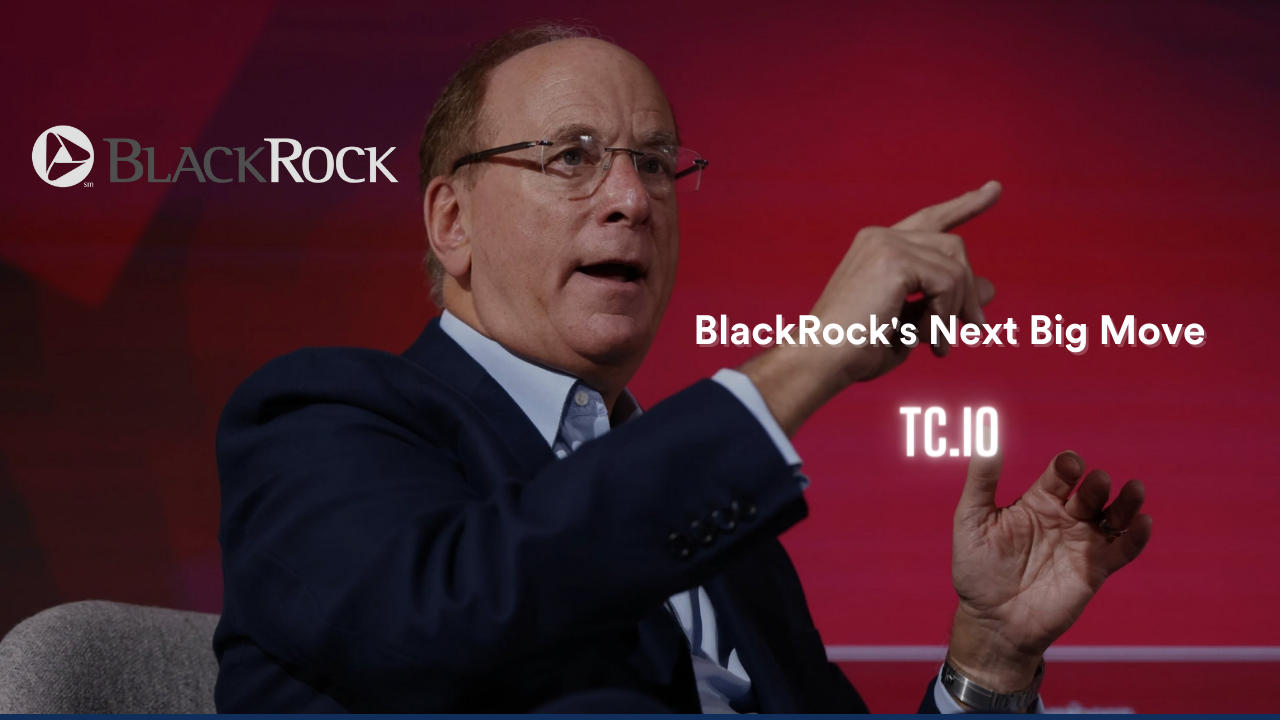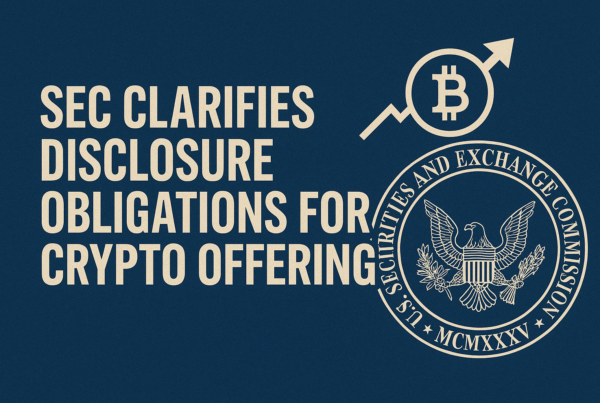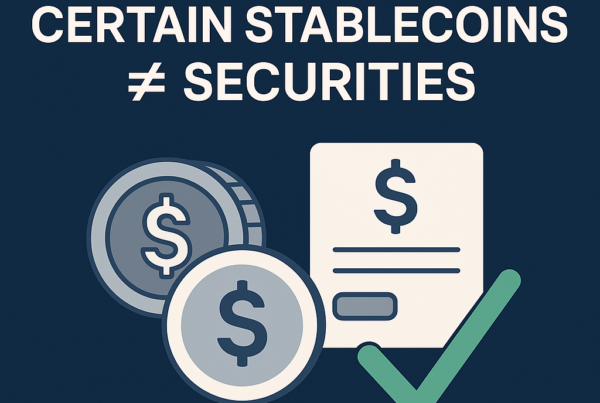
When BlackRock set its sights on Preqin, it wasn’t just about acquiring a company. It was about charting a new course for the financial landscape. This $3.22 billion deal, finalized on June 30, marks a pivotal moment for the investment giant. With Preqin, a leading private capital database provider, under its wing, BlackRock is gearing up to revolutionize the private and alternative assets market.
Why Preqin Matters
Preqin is a gateway to the often untapped world of alternative assets. These assets—ranging from private equity and debt to venture capital, real estate, and hedge funds—represent a burgeoning market that’s set to hit $40 trillion by 2030. Laurence D. Fink, BlackRock’s CEO, sees this acquisition as a crucial step in democratizing these opportunities.
“Data and indexes are the future of all alternatives,” Fink asserted. With this acquisition, BlackRock aims to bring structure and transparency to the fragmented world of private investments.
The Roadmap Ahead
BlackRock’s strategy is clear and methodical:
- Measurement and Analysis: First, understanding the market’s evolution and potential is crucial. This involves gauging the growth and identifying the main drivers of performance in private markets.
- Consolidation and Accessibility: Unlike public markets, private investments are scattered across small, localized entities. BlackRock’s goal is to consolidate these investments, making them more accessible and investable.
- Leveraging Data and Technology: By integrating Preqin’s data capabilities, BlackRock plans to enhance its benchmarks and risk analytics, much like it did with public markets.
The acquisition isn’t just about immediate gains. It’s a long-term play to harness the power of data and bring about a paradigm shift in how private markets operate.
Reaction and Implications
While Preqin’s users include many of BlackRock’s competitors, the overarching sentiment is one of cautious optimism. Rob Goldstein, BlackRock’s COO, emphasized that Preqin will remain a standalone product, ensuring that its vast data resources remain accessible to its users without any bias.
Moreover, the integration promises to streamline the management of both private and public assets on a unified platform. This move is expected to bring significant synergy gains, driven by advances in artificial intelligence and technology.
A Track Record of Strategic Acquisitions
BlackRock’s acquisition of Preqin isn’t an isolated event. It follows a series of strategic moves aimed at bolstering its presence in the private markets. In 2019, BlackRock acquired eFront, a private markets platform. More recently, it bought Global Infrastructure Partners for $12.5 billion, doubling its managed debt assets and infrastructure funds.
These acquisitions underscore BlackRock’s commitment to expanding its footprint across various investment domains. With Preqin, BlackRock is not just enhancing its data capabilities but also positioning itself at the forefront of a rapidly growing market.
The Bigger Picture
As the private market swells, the need for structured data and reliable benchmarks becomes more critical. BlackRock’s approach, leveraging Preqin’s vast database, is a forward-thinking move that promises to bring much-needed consolidation and transparency to the sector.
This acquisition is more than just a financial transaction; it’s a strategic alignment with the future of investment. By integrating advanced data analytics and technology, BlackRock aims to democratize access to alternative assets, offering a comprehensive platform for asset managers and owners alike.
In the coming years, this move could very well redefine the investment landscape, bridging the gap between traditional and private markets, and setting a new standard for the industry. With Preqin, BlackRock is not just acquiring a company—it’s acquiring the future of private market investing.




